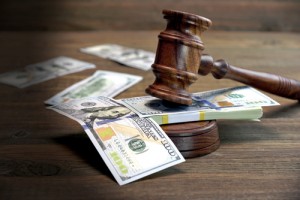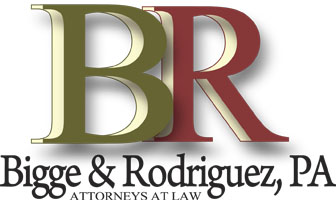 Fraud is not something all that unusual in bankruptcy filings as many people do try and defraud their creditors. Since the fresh start of bankruptcy isn’t available in such a scenario, the question then becomes: how is fraud defined? An upcoming Supreme Court case will be evaluating that very question.
Fraud is not something all that unusual in bankruptcy filings as many people do try and defraud their creditors. Since the fresh start of bankruptcy isn’t available in such a scenario, the question then becomes: how is fraud defined? An upcoming Supreme Court case will be evaluating that very question.
The case in question involves an individual whose company purchased over $1000,000 worth of goods from an electronics company over a span of four years. The company never paid for the goods, and the individual funneled over $1 million of the company’s funds to other companies under his control. The electronics company sued to make the individual liable for the debt, but before a judge could rule, the person filed for chapter 7 bankruptcy. Using the court’s protection, the individual sought to relieve himself of the debt his company owed to the electronics company.
Current bankruptcy laws state that debtors who owe money obtained under “false pretenses”, “false representation” or “actual fraud” are still liable for their debts. While these terms seem fairly self explanatory, appeals courts are actually having trouble figuring out how to interpret them. One circuit, for example, interpreted “actual fraud” as when a debtor obtains money through a scheme with intentions of scheming creditors. Another appellate court, however, ruled that it is not “actual fraud” unless a debtor is genuinely lying to a creditor. It will now be up to the Supreme Court to figure out these narrow and broad definitions and determine when debts can be erased or if they need to be dealt with in bankruptcy.
This bankruptcy update is provided to you by Fort Lauderdale bankruptcy attorney Bigge & Rodriguez, P.A. If you need a Fort Lauderdale bankruptcy lawyer or have questions about Chapter 7 or 13 bankruptcy, call 954.400.7322 to speak with us. We also specialize in foreclosure defense.
